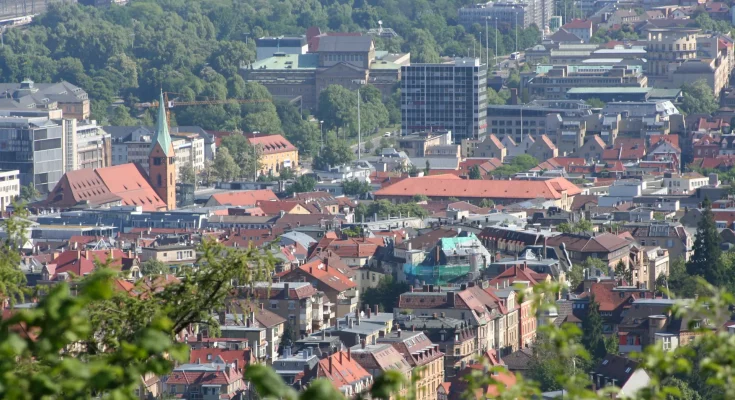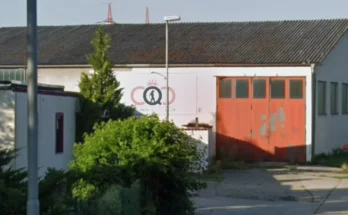Stuttgart’s city council has decided to make major changes to the Leonhardsviertel district in the city center. They will ban brothels, betting shops, and some entertainment venues. The goal is to turn the area into a neighborhood with homes and a mix of other uses.
Different opinions about the decision
The new plan has caused a lot of discussion. Some people, like politician Armin Serwani, think red-light districts are a normal part of big cities. He once said, that every major city has brothels. Without them, Stuttgart would be a provincial backwater. Others think high crime rates and the poor condition of the area make change necessary.
The city council made the final decision on December 19. The new plan will remove businesses that don’t fit with their idea of a modern, residential area.
Big changes coming to Leonhardsviertel
Leonhardsviertel used to be a popular area, but it has become run-down. Now, the city plans to ban brothels and similar businesses there. They will ban the entertainment venues, betting shops, and brothel-like companies. According to their plans, dance clubs can only operate under strict rules, like being on upper floors or in basements.
The city wants the area to include homes and carefully planned nightlife, moving away from its reputation as a red-light district.
This project is part of a larger plan to make Stuttgart’s city center bigger by including nearby areas like Leonhardsvorstadt. Peter Pätzold, who works on urban development, said that Leonhardsvorstadt, with the Leonhardsviertel and Bohnenviertel, is right in the heart of the city. It gives a great opportunity to the city for development.
Read more news about Stuttgart
At the time of the 2024 European Championship, we reported that Stuttgart city officials anticipated a rise in prostitution to cater to the influx of football fans. Despite predictions, the actual increase in registered sex workers under the Prostitutes Protection Act was minimal, with many opting to temporarily relocate from other municipalities instead of registering locally. Historical data from events like the 2006 FIFA World Cup supported the expectation of only isolated cases of visiting sex workers.
Stuttgart’s small red-light district, centered on one street, accounted for about 10% of the city’s sex workers, with the majority operating online or through appointment-based apartments. Concerns about illegal prostitution were highlighted, with an estimated 20 women engaging in illegal street prostitution and local law enforcement conducting inspections to address the issue. Read the article here: Prostitution surge expected in Stuttgart during European Championship
In 2023 we reported, that a brothel owner in Stuttgart won a court case against the city regarding the Prostitution Protection Act’s requirements. The Stuttgart Administrative Court ruled that until a final decision is made on the owner’s permit application for an existing brothel, the business is not obligated to meet certain costly and extensive requirements of the law.
The plaintiff, who operates a brothel in the city’s red-light district, had applied for a permit in December 2017, but the municipality had yet to decide on the application. The court emphasized that existing businesses should be allowed to continue operating under transitional regulations without undertaking extensive renovations until the permit decision is finalized. Read the whole news here: Brothel owner wins court case against city of Stuttgart



